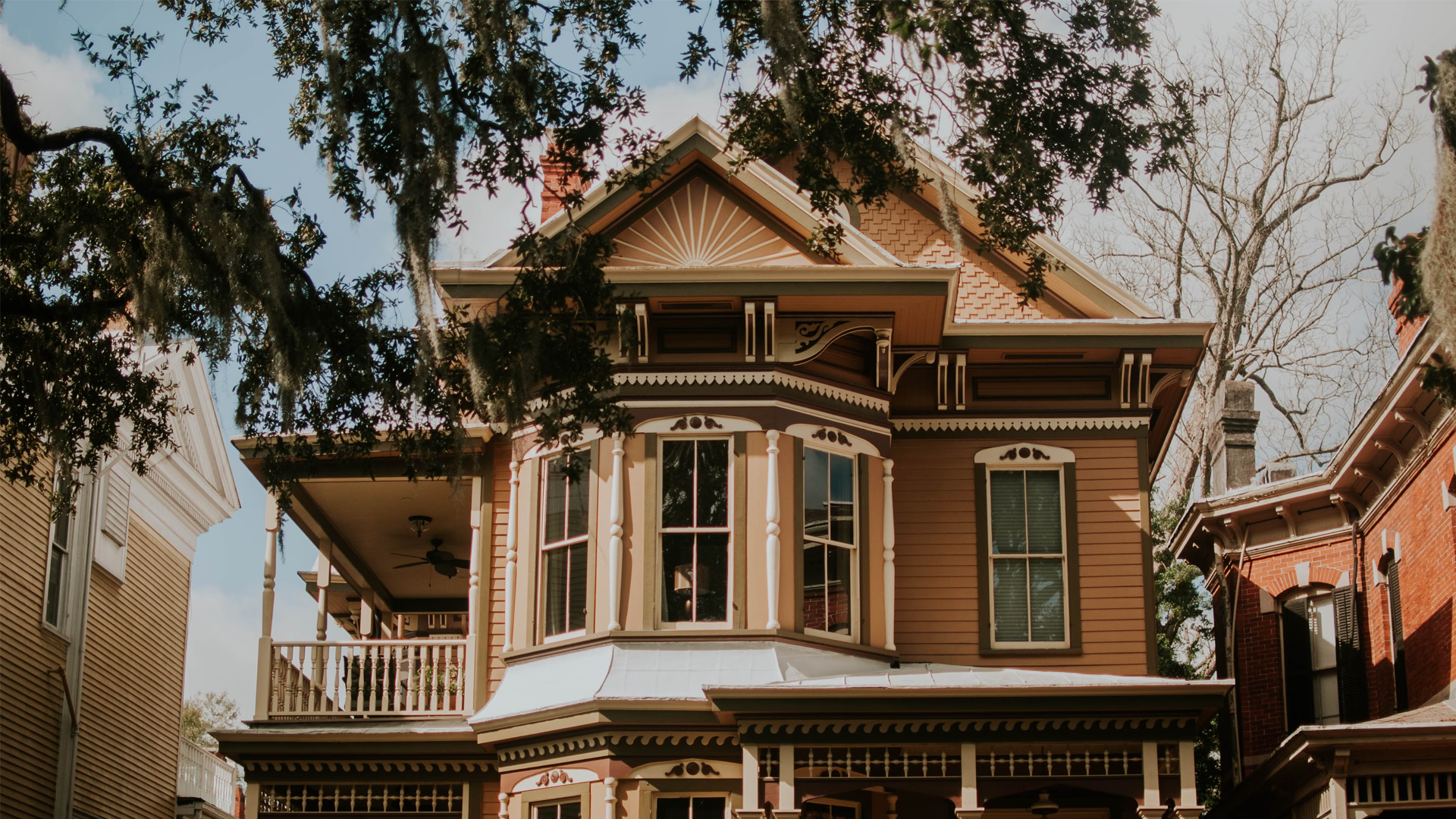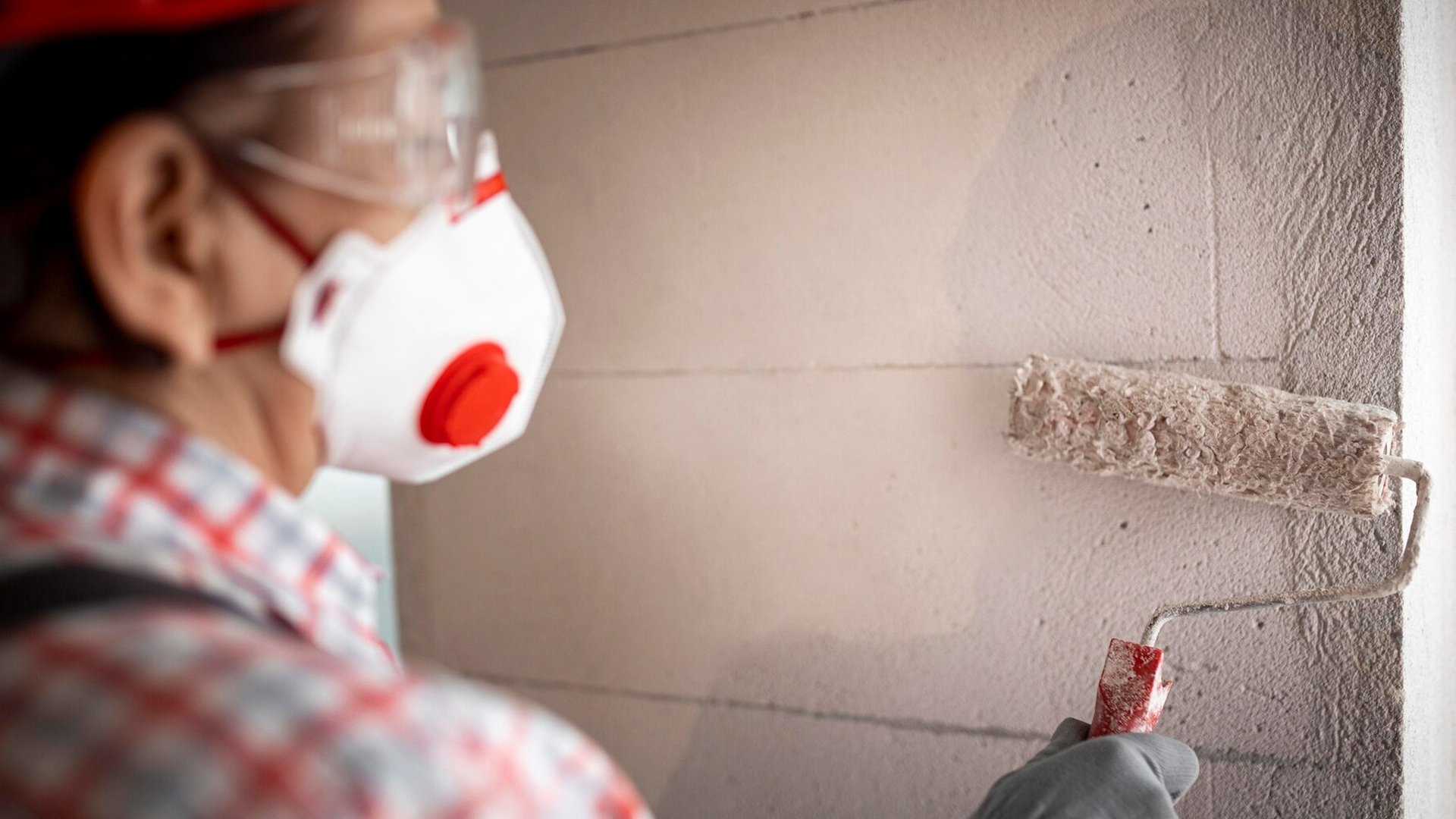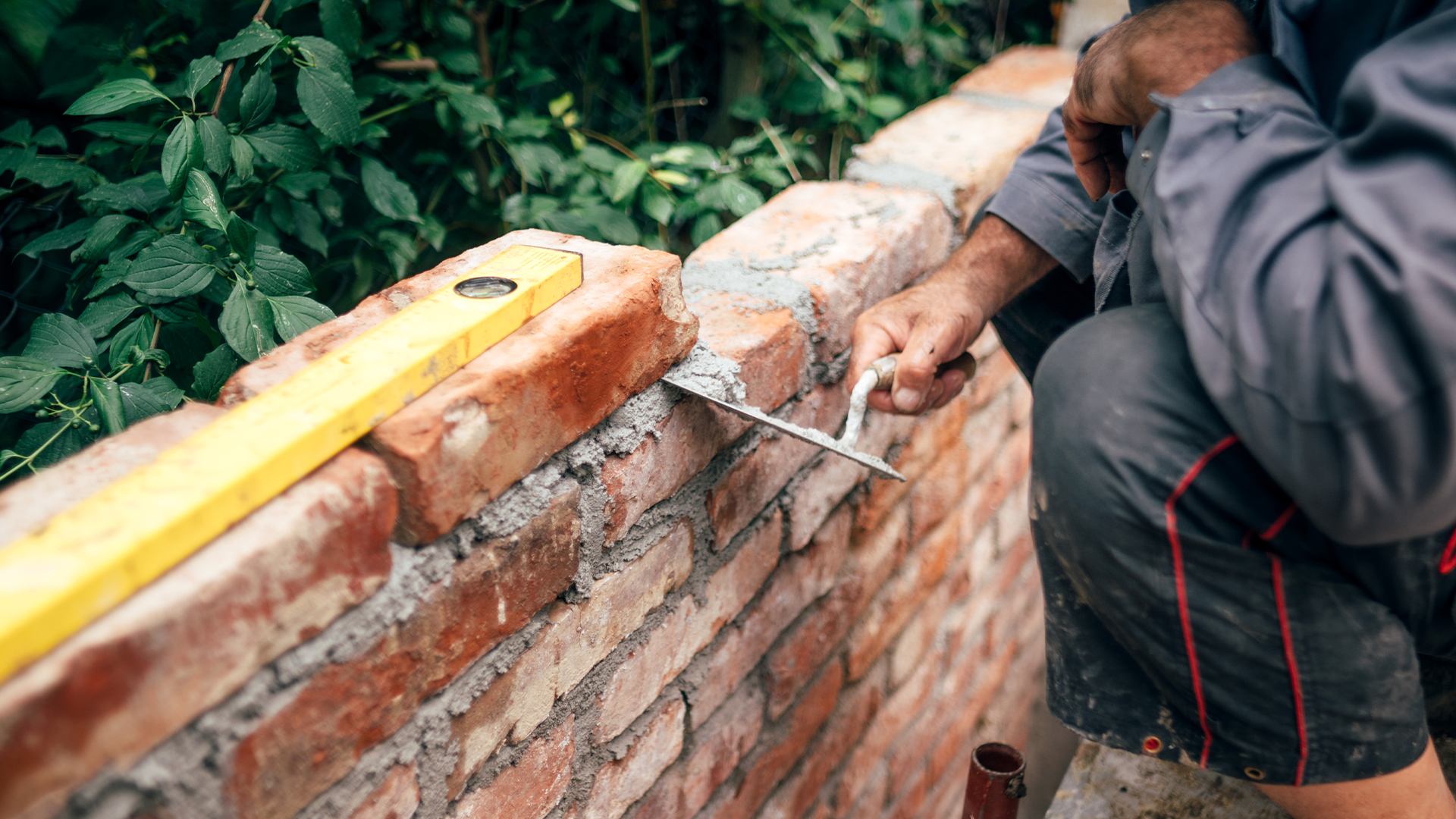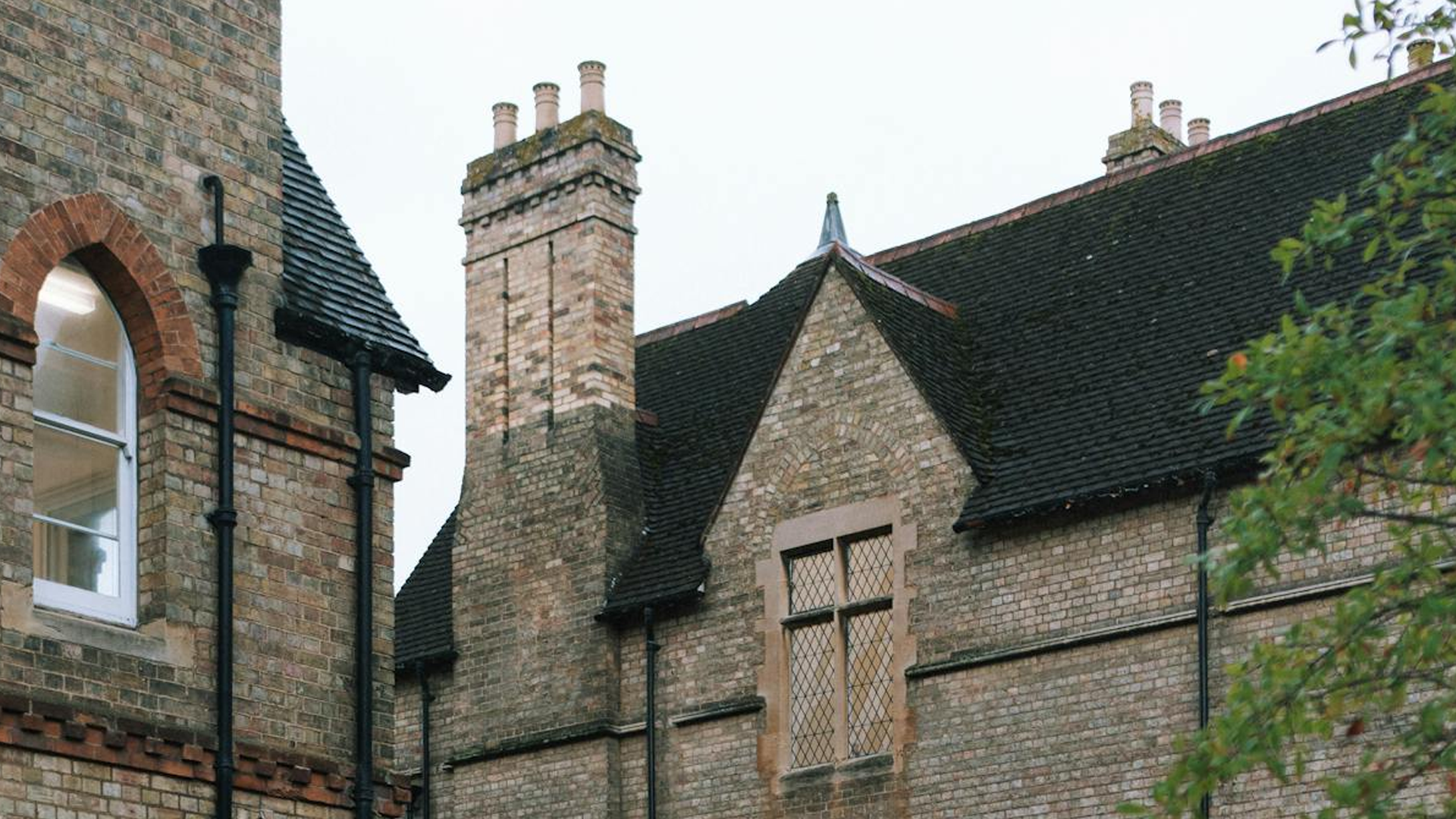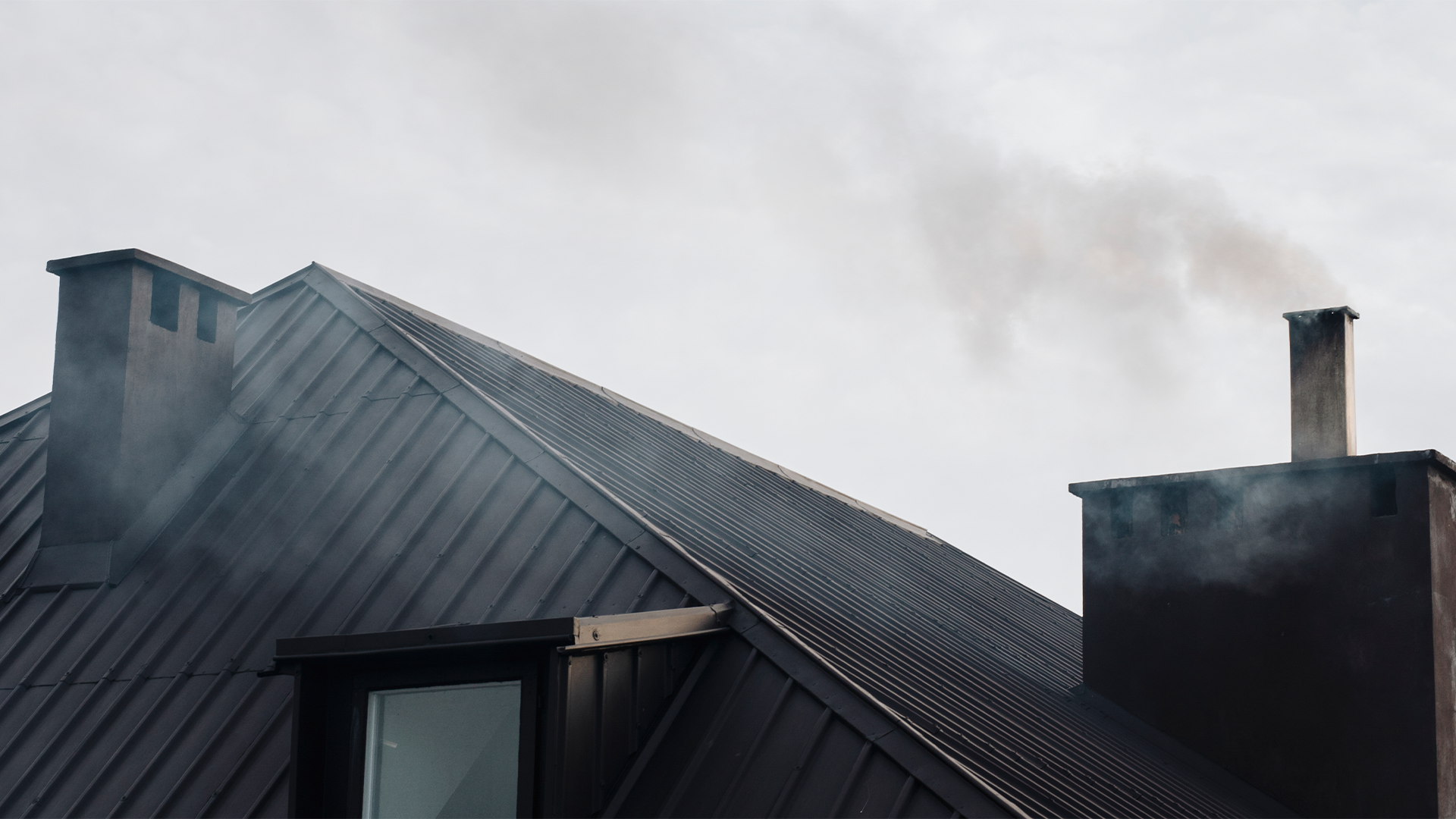Dampness in homes is a pervasive issue across the UK, primarily due to the region’s wet climate. It not only causes discomfort but also jeopardizes the structural integrity of properties. This is where a Damp Proof Course (DPC) plays a crucial role. A DPC is a preventive measure designed to stop moisture from entering and damaging parts of a building. This comprehensive guide aims to demystify DPC for UK homeowners, highlighting its importance, types, installation, and maintenance.
Understanding Damp Proof Course
A Damp Proof Course is a barrier, either physical or chemical, installed within the walls of a building near the ground to prevent rising damp. Rising damp occurs when groundwater moves up through walls, floors, and masonry via capillary action. If left unchecked, it can lead to a host of problems, including mould growth, wallpaper peeling, and damage to wooden structures.
The Importance of DPC
The significance of a properly installed DPC cannot be overstated. It safeguards the longevity of a building’s fabric, ensures a healthy living environment, and maintains the property’s value. Without an effective DPC, buildings are vulnerable to the relentless encroachment of moisture, leading to costly repairs and renovations down the line.
Types of Damp Proof Courses
Damp Proof Courses come in various materials and technologies, each suitable for different situations and preferences. Understanding these types can help homeowners make informed decisions about which DPC is right for their property.
- Physical DPC: This traditional method involves a layer of waterproof material, such as slate, bitumen, plastic, or lead, laid into the mortar between bricks or blocks. It’s commonly installed during the construction of new buildings.
- Chemical DPC: A more modern approach, chemical DPC involves drilling holes at regular intervals along the mortar course and injecting a silicone-based fluid. This fluid then permeates the masonry, creating a water-repellent barrier.
- Electro-osmotic DPC: This method uses an electrical charge to repel moisture away from the walls. A series of anodes are installed into the wall, connected to a power source, creating a tiny electric field that drives moisture down the walls and back into the ground.
Installation of DPC
The installation process of a Damp Proof Course varies significantly depending on the chosen type. Physical DPCs are typically installed during the construction phase, requiring precise placement within the wall structure.
For existing buildings, retrofitting a physical DPC can be invasive and costly, making chemical DPCs a popular choice due to their relatively straightforward and less disruptive installation process. The electro-osmotic DPC, while less common, offers a non-invasive solution, particularly suitable for heritage buildings where preserving the structure’s integrity is paramount.
Signs You May Need DPC
Identifying the need for a DPC or the replacement of an existing one is critical for maintaining a property’s health. Common indicators include:
- Tidemarks or staining on walls.
- Peeling paint or wallpaper.
- Deteriorating plaster.
- Visible salt deposits on walls.
- Musty smells or visible mould growth.
Choosing the Right DPC for Your Home
Selecting the appropriate Damp Proof Course requires consideration of several factors, including the age and construction type of the building, the extent of existing damp issues, and budget constraints. Consulting with a professional damp proofing specialist can provide tailored advice, ensuring the chosen DPC method effectively addresses the specific needs of your property.
Maintenance and Care
While DPCs are designed to last many years, regular maintenance and checks are essential to ensure their continued effectiveness. This includes:
- Keeping ground levels around the property below the DPC to prevent bridging.
- Ensuring gutters and downpipes are clear to avoid unnecessary water ingress.
- Regularly inspecting the DPC for signs of damage or failure.
The Legal Aspect
In the UK, building regulations require the inclusion of a DPC in new constructions to protect against moisture. For homeowners undertaking renovations, it’s crucial to comply with these regulations, which may involve updating or installing a new DPC as part of the project.
Conclusion
A Damp Proof Course is an indispensable component of a healthy, durable UK home. It protects against the damaging effects of moisture, ensuring the structural integrity and comfort of your living space.
Whether you’re building a new home, purchasing an existing property, or facing damp issues, understanding the role and types of DPC is the first step towards effective moisture management. With the right choice and proper maintenance of a DPC, homeowners can enjoy a dry, comfortable, and mould-free home for years to come.
If you suspect your home may be at risk of rising damp, or if you’re considering updating your property’s damp proofing measures, consult with a professional service provider. Our team at All Weather Coating can provide peace of mind and a tailored solution to protect your home against the challenges of moisture. Contact us today for a free consultation.
